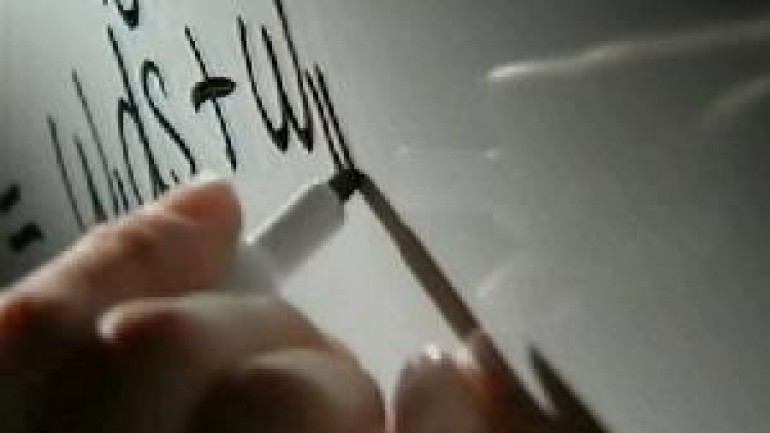The history behind perhaps the greatest formula ever created in finance: the Black-Scholes-Merton options pricing model. Two of its creators were awarded the Nobel Prize in Economics in 1997. A year later their hedge fund Long Term Capital Management (LTCM) had collapsed with staggering losses of $100 billion due to significant leverage of the strategy.
The Black-Scholes Formula was derived by observing that an investor can precisely replicate the payoff to a call option by buying the underlying stock and financing part of the stock purchase by borrowing. Only five variables were needed: the price of the stock; the exercise price of the option; the risk-free interest rate; and the time to maturity of the option. The only unobservable is the volatility of the underlying stock price.
The main problem with the framework (which assumes the ability to use risk-free arbitrage and dynamic hedging in continuous time) is that it doesn’t consider how a change in market dynamics (specifically liquidity risk and default) can affect overall market sentiment.
This means the prices of assets can in some extreme cases depart from what the formula says should hold. LTCM was brave and took a contrarian view. It borrowed even more in the face of the perceived profitable outcome. Instead the reverse happened (things just kept getting worse day after day).

Advertisement
Join The Conversation




Gabriel, the formula is derived here: http://www.youtube.com/watch?v=hHI02wqiKn4&feature=g-vrec
The man explains it pretty well, however, you do need some understanding of calculus for it to be meaningful.
1 problem that any gambler knows risk is never a zero sum score.
Another problem is their is no explanation for monetary supply, of course all this hubris has happened within the great fiat liquidity expansion post 71. We are now living in its end game. 2012 gonna be ‘interesting’, didn’t some Chinese guy say something about that?
frances fukiyama?
formula … h2′(1x)yz’)3.29)8′
10 Stars
BS, if there is no risk once this formula is used, how in the hell is it a free market any longer? If someone can make it so there is no risk on their part, they are no longer involved in a free market, but rather a monopolized market, in which they will never see any decline in their profits. What’s really funny is that if everyone used this formula and there were no risk, how would the market continue at all if no one can lose anything, because you cannot gain something if something isn’t taken from somewhere else.
i would have thought that it is due to the diversified distribution of risk. So for example, I may invest in an instrument, then invest in another which has a counter risk profile, “eliminating” my risk. But that is not to say that risk no longer exists, it is to say that i have treated my risk.
Just tell me the formula!
can this be used for sports betting?
No, but that is a good way to explain the formula. If you bet for both teams in a game, then you balance your risk exposure. The market is like a game which has many teams.